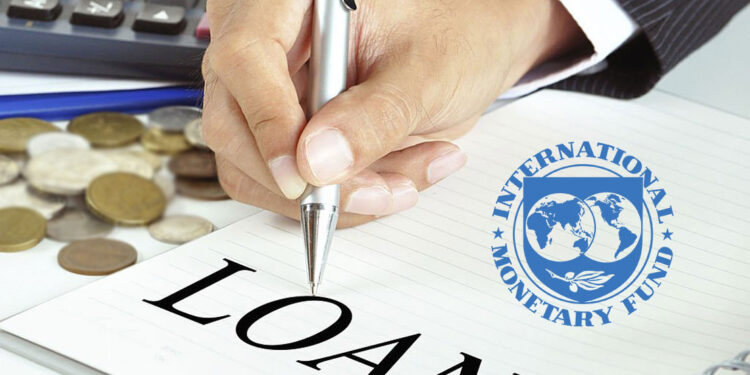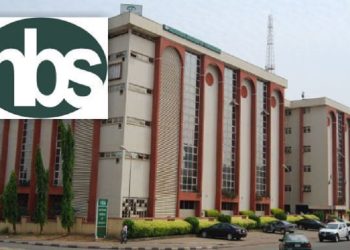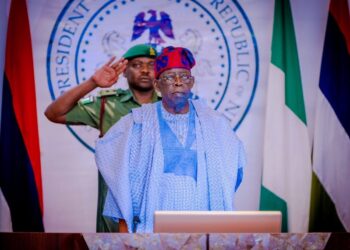The International Monetary Fund (IMF) has given the green light for a $178 million loan to Malawi, a move aimed at shoring up the nation’s foreign-exchange reserves, supporting its economic revival, and catalyzing grant financing. This significant financial injection comes just a week after Malawi took the bold step of devaluing its currency.
The 48-month extended credit facility, as outlined by the IMF, is designed to “support the authorities’ macroeconomic adjustment and reform agenda aimed at restoring macroeconomic stability.” This development brings a glimmer of hope to Malawi, a landlocked nation grappling with a series of setbacks, including its worst-ever cholera outbreak, a devastating cyclone, high inflation, and a shortage of foreign currency resulting from escalating import costs.
As one of the world’s least-developed countries, Malawi has faced financial challenges exacerbated by a corruption scandal known as “Cashgate” in 2013, which led donors to suspend approximately 40% of the nation’s budgetary support. The IMF loan is a crucial step for Malawi, particularly as it seeks to restructure up to $1 billion of external debt to meet the criteria for further funding from the IMF.
Gita Gopinath, the First Deputy Managing Director of the IMF, emphasized the importance of successful external debt restructuring, stating, “Successful external debt restructuring is vital as there is no reasonable mix of adjustment and financing alone that can deliver macroeconomic stability.”
President Lazarus Chakwera, in a televised address, acknowledged the painful adjustments required for the economic overhaul. The IMF facility is expected to unlock direct budgetary support from other international partners, ending a 10-year hiatus due to previous corruption issues. President Chakwera outlined the necessity for “painful adjustments” in spending, focusing on prioritizing productive areas to foster economic growth.
In response to the economic challenges, President Chakwera took immediate actions, canceling his foreign travel plans for the fiscal year’s remainder and instructing cabinet members abroad on public-funded trips to return. Additionally, he directed the finance minister to make provisions in the mid-year budget review to support small businesses and consider “reasonable” wage increases for government workers. Notably, the president also emphasized the need to review the income tax system, incorporating reduced percentages to alleviate the tax burden on workers affected by the currency devaluation.
As Malawi navigates these economic reforms, the IMF’s support serves as a potential blueprint for other struggling African nations facing similar challenges. The loan underscores the importance of implementing macroeconomic adjustments, pursuing external debt restructuring, and prioritizing sustainable economic practices to foster stability and growth in the face of global economic uncertainties.










